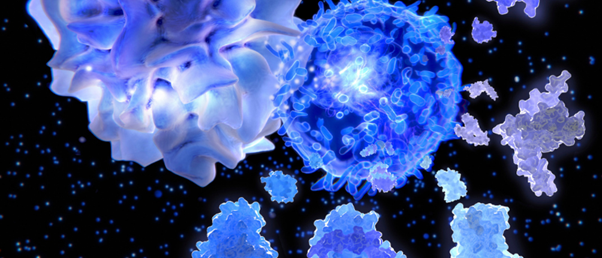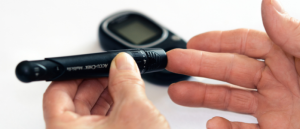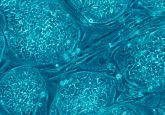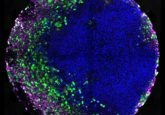Cargo cells – safe, genetically engineered cells to precisely deliver therapeutics

Enucleated genetically engineered ‘cargo’ cells could provide the solution to challenging safety concerns raised by using heavily engineered stem cells for drug delivery.
By removing the nucleus from mesenchymal stromal stem cells, a combined team from the School of Medicine and Moores Cancer Centre at the University of California, San Diego (CA, USA), has increased the safety of genetically engineered stem–cell–based drug–delivery methods. Having established efficacy in a mouse model, this study presents a dramatic advance in the development of stem-cell–based therapeutics.
Engineering stem cells to present chemoattractant receptors and endothelial cell binding molecules allows them to become carriers of therapeutics to precise locations of disease. When using drugs with severe side effects, this is desirable as smaller doses can be delivered to targeted locations – meaning fewer side effects. This is a documented technique in research; however, highly genetically engineered cell therapies come at a cost. Regulatory approval is challenging as these cells proliferate and differentiate unpredictably, increasing the risk of metastatic cancer.
 Nanocarriers could enhance longevity of type 1 diabetes treatment
Nanocarriers could enhance longevity of type 1 diabetes treatment
Researchers have improved the efficacy of immunosuppressants by using nanocarriers to change their biochemical pathway, which could enhance pancreatic islet transplantation.
In this study, Richard Klemke and his team set out to reduce this risk, using density gradient centrifugation to remove the nucleus from engineered mesenchymal stromal stem cells. This means the cells – now named “Cargocytes” – can no longer perform gene transcription and differentiate along unplanned or dangerous pathways. “These Cargocytes retain most of their cellular functionality, but now also possess greatly enhanced capacity to carry and deliver therapeutics specifically to targeted tissues in a safe manner,” commented Klemke.
To test the efficacy of their new technology, the team established mouse models of pancreatitis and inflammation administered them with cargocytes loaded with an anti-inflammatory cytokine as the therapeutic. Increased levels of the bioactive therapeutic were found in the regions of inflammation targeted.
Klemke expects research in this area to develop into optimizing Cargocytes in other in vivo disease models, with hopes to treat metastatic cancers. Advancements in the safety of engineered stem cells such as this will do wonders for regulatory approval for many stem-cell-based therapies.





